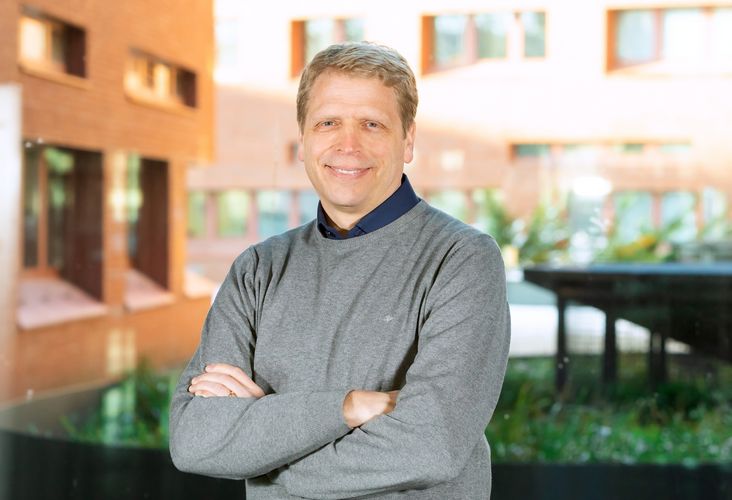The scientific motivation for this partnership is routed in the desire of both organizations to facilitate the seamless continuation of Prof. Meier’s extremely successful research toward the generation of genuine human pancreatic lineages from pluripotent stem cells for functional tissue replacement in diabetic patients, at the same time yielding fundamentally novel insights into the earliest stages of ductal pancreatic cancer formation.
Meier’s cross-departmental efforts integrate the hosting Helmholtz Munich Pioneer Campus, the Diabetes- and Computational Health Centers and have recently been recognized and accelerated through one of the Helmholtz Association´s validation project grants worth € 1mio. “These successes beautifully illustrate the tech-development and translational ambition of Helmholtz Munich and the Helmholtz Association”, states Prof. Matthias Tschöp, Vice President of Helmholtz Health, CEO of HelmholtzMunich and Humboldt Professor at the TU-Munich, the mastermind behind and one of the founding directors of the Helmholtz Pioneer Campus. Not the least, maintaining a functional lab in Munich enable Prof. Meier to proactively contribute to the thriving, inter-institutional organotypic research community that involves both Munich’s excellent universities and both regional and national partners.
In parallel, Matthias Meier co-conceptualizes the restructuring process of the Centre for Biotechnology and Biomedicine at Leipzig University toward a bioengineering concepts-driven transfer Institute in Saxony. “We very much welcome Matthias Meier’s move to Leipzig‘s Life Sciences Faculty”, states Prof. Matthias Blüher, Professor at Leipzig’s Medical Faculty and HI-MAG Director, a perfectly functioning and scientifically reputed cooperation between HelmholtzMunich und the Medical Faculty of Leipzig University. “This novel link will underscore and broaden the translational collaborations between HelmholtzMunich and Leipzig University, leveraging the huge potential of bioengineering concepts for 21st century biomedical solutions, diagnostics and therapies.”
Being able to continue prosperous collaborations while transitioning into a permanent academic position elsewhere also sets an intriguing example for current and future HelmholtzMunich Pioneers, respective other junior group leaders – maintaining and mutually exploring unique expertise, know-how and pursue technology innovations uninterruptedly, as showcased by Prof. Meier and his team throughout his tenure at HelmholtzMunich’s PioneerCampus.






























































